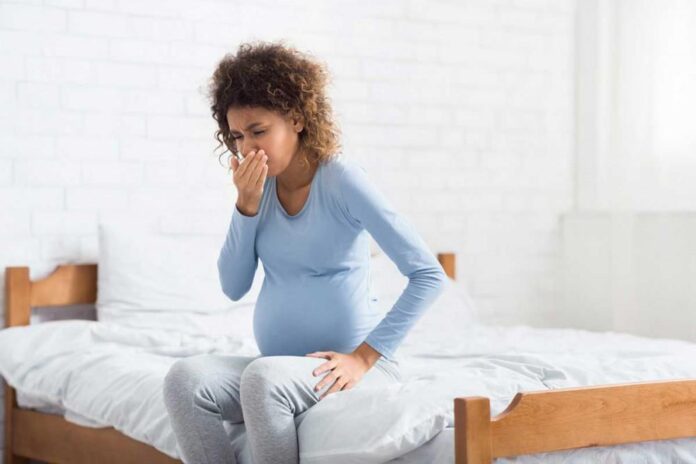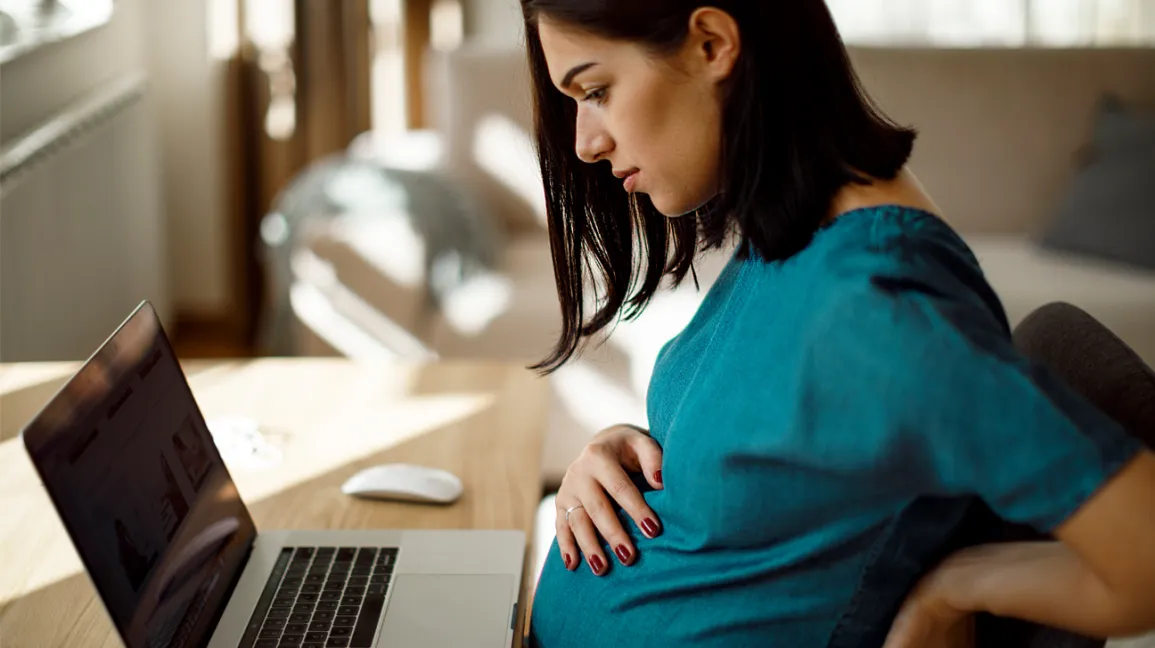Twin pregnancy is a joyful moment that takes many couples by surprise. Undoubtedly, carrying two babies doubles the excitement, but it may also up the challenge. It might just be your body adjusting to being pregnant, but it might also mean you carry more than one bundle of joy.
Perhaps, you’re already feeling exceptionally exhausted and get severe nausea at every smell of food. Unfortunately, there is no surefire way to confirm a twin pregnancy until your doctor performs an ultrasound. Still, there are certain signs and symptoms that may indicate the possibility of carrying more than one baby.
Indeed, knowing how to recognize these early indicators can help expectant mothers prepare for what’s ahead. Here’s what https://motherhoodtips.com/ say you need to know about twin pregnancy symptoms:
How soon can you tell you’re pregnant with twins?

As soon as the embryo implants in the uterus, your body starts to produce hCG. During the first few weeks of pregnancy, levels peak, and for the next 10 weeks or more, they typically double every two to three days. If you have two (or more!) infants in the works, if your doctor requests a blood test to check your hCG levels, they are usually high.
Until your first trimester ultrasound, which is often performed between weeks 6 and 9 of pregnancy but can be done at any time between week 14 of pregnancy, your doctor won’t be able to say for sure. Perhaps, your human chorionic gonadotropin hormone (hCG) levels are more significant than usual. In such cases, it’s possible to detect twin pregnancy as early as week 5.
How to confirm twin pregnancy?
Call it mother’s intuition, but early on in your pregnancy, you could have a faint hunch that you’re carrying twins. However, if the doctor performs an ultrasound in your first trimester, you will receive a formal confirmation.
This is often performed between weeks 6 and 9 of pregnancy. However, it may be done sooner if your doctor needs to date the pregnancy or ensure that it is viable (this is usually more common when your pregnancy has involved fertility treatments). If pregnant bloodwork indicates any of the following, your doctor may recommend an earlier ultrasound:
- Increased amounts of hCG: In a twin pregnancy, they can be reasonably high, so your doctor can perform additional tests to see whether you’re expecting more than one child.
- High levels of Alpha-fetoprotein: This protein is produced by the liver of your newborns and is present in your blood. High amounts may be a sign that many babies are producing the protein.
What are the most common twin pregnancy symptoms?
Sometimes carrying two embryos means you’ll experience two pregnancies’ worth of discomforts. Although this fact is not always true, it’s best to prepare in advance. In most cases, symptoms vary for every woman individually. Still, there are some common indicators of a twin pregnancy. Here are the most notable ones:
Acute morning sickness

Due to larger quantities of the hCG hormone circulating in your body during a twin pregnancy, you may experience excessive nausea and vomiting. Typically, such symptoms will likely begin earlier and last longer than usual. Moreover, mothers of twins are more likely to experience hyperemesis gravidarum, a disease marked by intense nausea and vomiting.
Faster-than-normal weight gain
A normal-weight mother having twins can gain between 17 and 24 kilograms. That implies that you will gain around half a kilogram a week throughout the first trimester alone. Usually, such extreme weight gain cannot go unnoticed, as it changes your physical appearance and creates complications.
Stomach aches
You might anticipate your GI tract to be under higher stress because of the increased pressure in the area. This may result in typical pregnancy digestive discomforts such as constipation, indigestion, and heartburn.
Tense exhaustion

Since your body is working twice as hard to grow two babies, you may feel excessively exhausted. Moreover, you’re more likely to feel extreme fatigue because of the increased weight you need to carry. Usually, such a condition often goes with sleeping difficulties. The latter may also be caused by pregnancy symptoms like indigestion or nausea. And sure, you can anticipate that having twins will make the typical pregnancy brain fog worse.
Abnormal appetite
You’ll likely experience an increase in hunger to support the weight growth, despite some women experiencing severe morning sickness. The latter can make it difficult for them to consume the necessary calories, but the appetite for food may eventually become overwhelming.
Excessive fetal activity in different areas at once
While most expectant mothers occasionally feel as though they are carrying an octopus (or a professional boxer), you now have four arms and four legs to deliver a powerful punch and kick. Moreover, you may occasionally notice the babies moving simultaneously but in different areas of your tummy.
Additional factors

- You are older than 35: Typically, women older than 35 have higher amounts of FSH, a reproductive hormone that increases the chance of releasing two eggs during ovulation.
- You’ve undergone fertility therapies: Undergoing ovulation-inducing or implanting procedures increase the likelihood of having twins.
- You are obese or overweight: Women with BMI higher than 30 have a higher chance of having fraternal (as opposed to identical) twins.
- You have a family history: You have a better possibility of having fraternal twins yourself if your family has a history of having twins.
Final Thoughts
To conclude, expecting twins is an exhilarating experience for the mother and the entire family. However, doubling the babies also doubles the trouble. In this regard, it’s crucial to recognize twin pregnancy symptoms as soon as possible to prepare better for what’s coming. That way, you’ll adequately manage common symptoms like excess fatigue and severe morning sickness. Moreover, you’ll create a more efficient birth plan to welcome your twins into your home.






